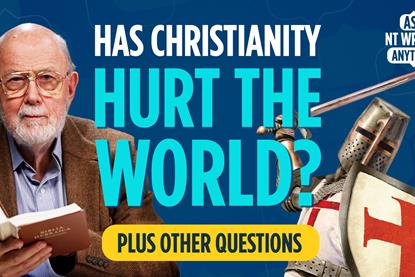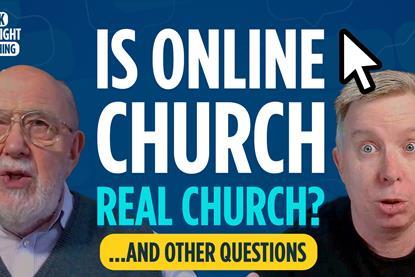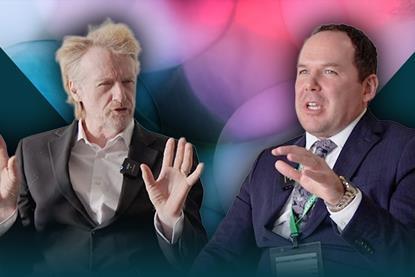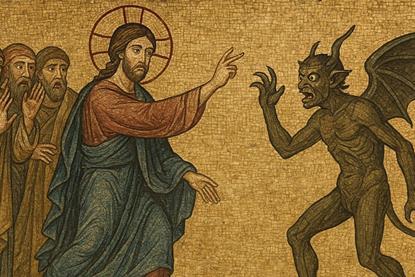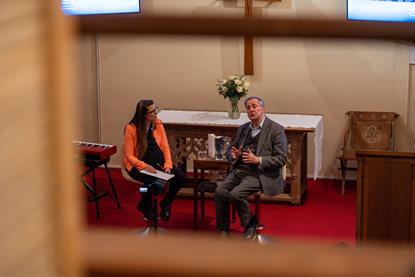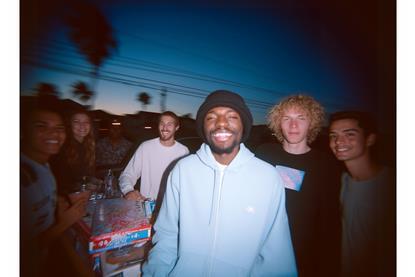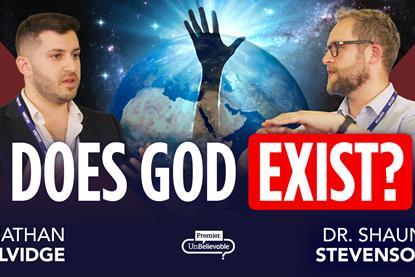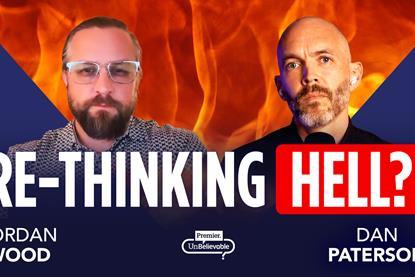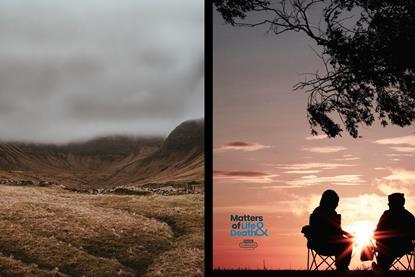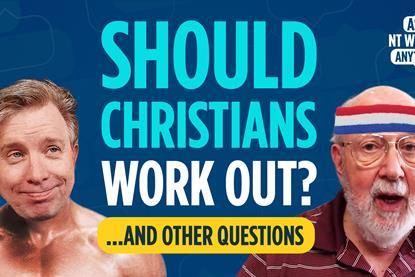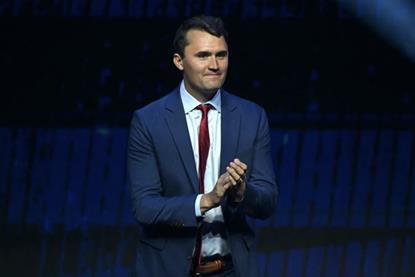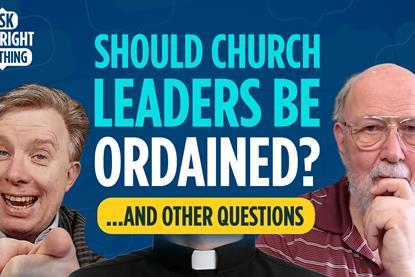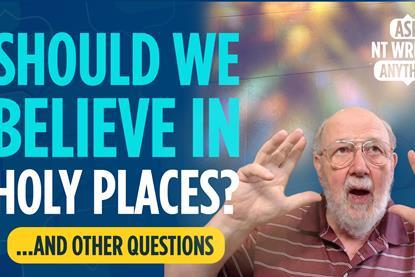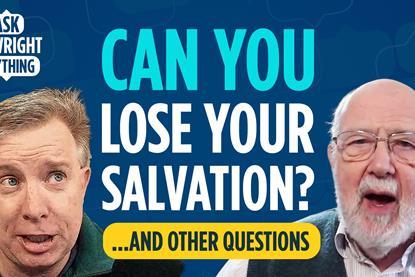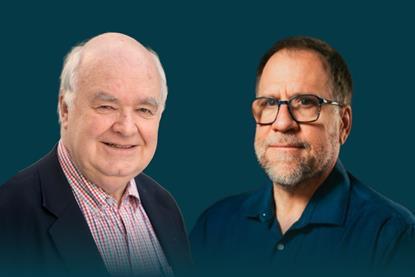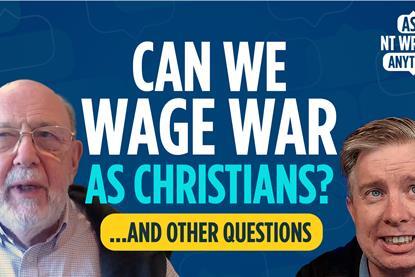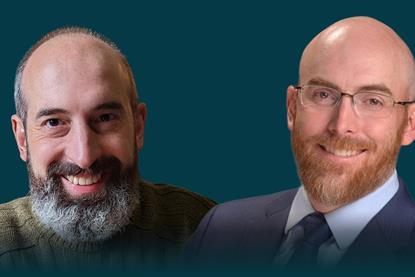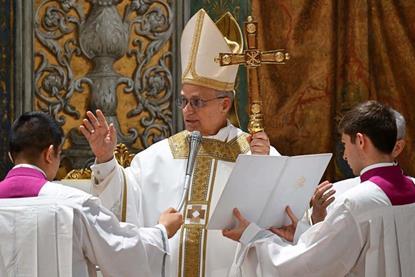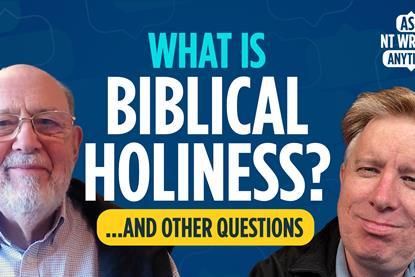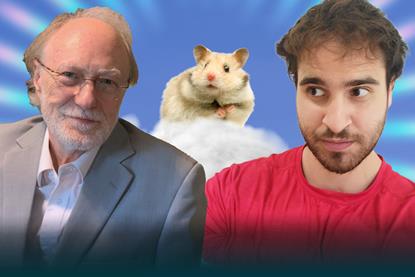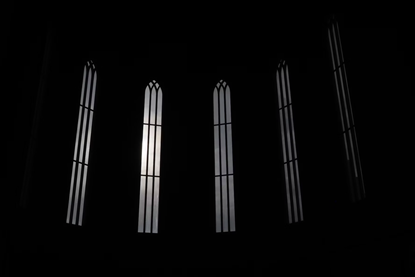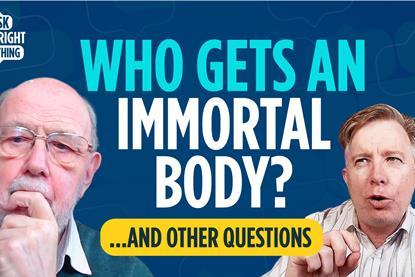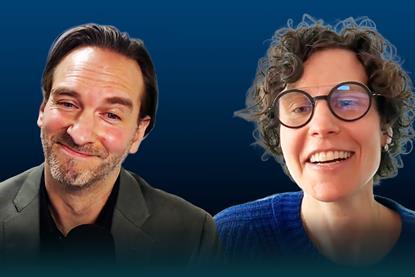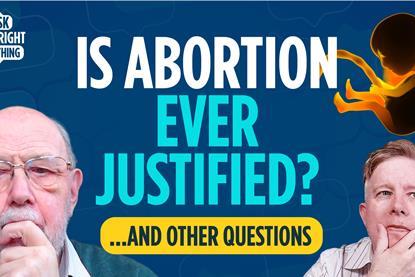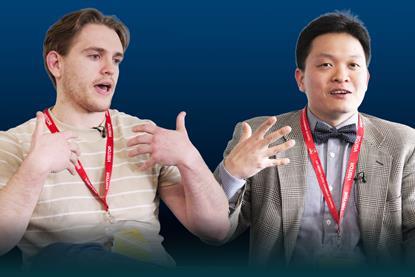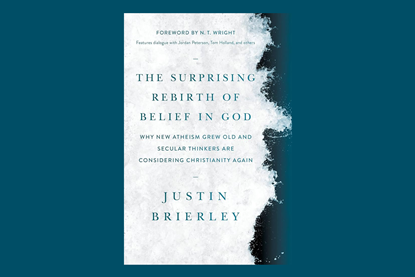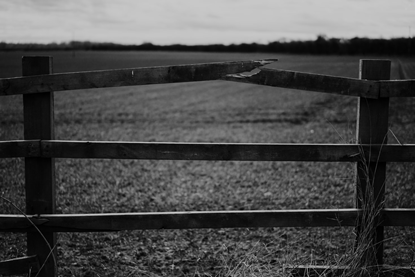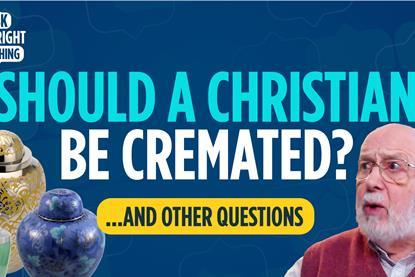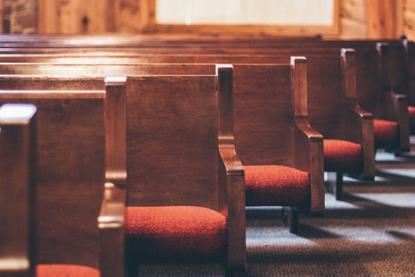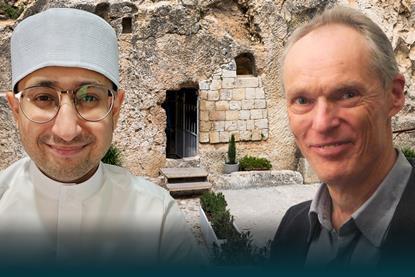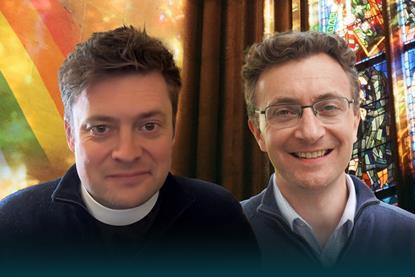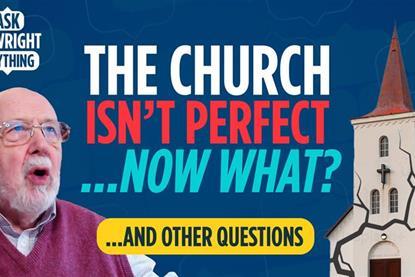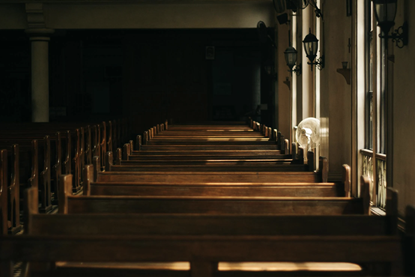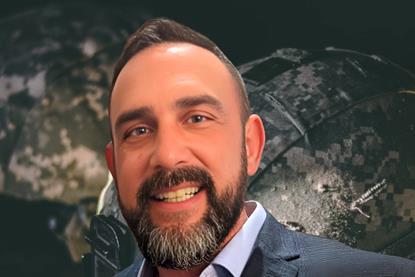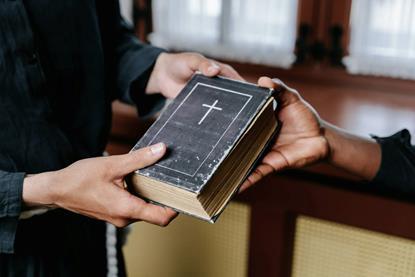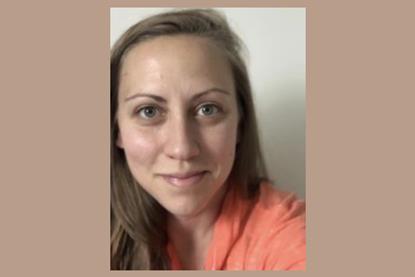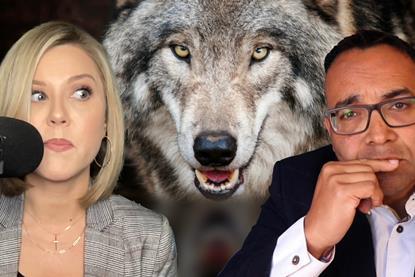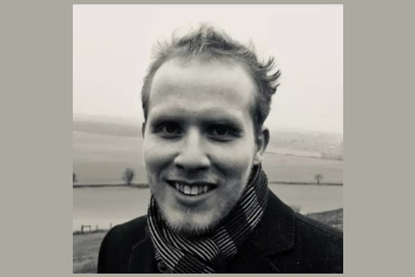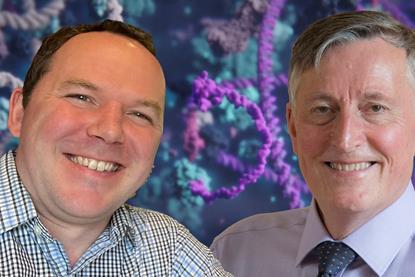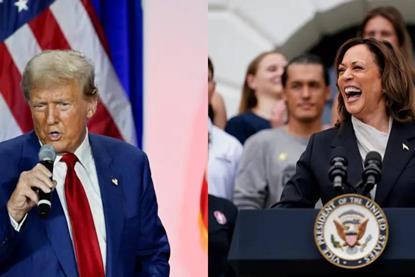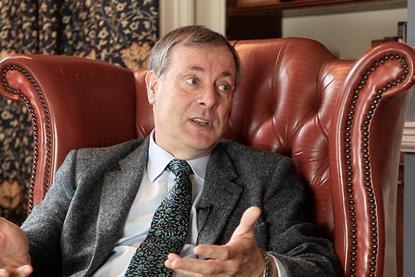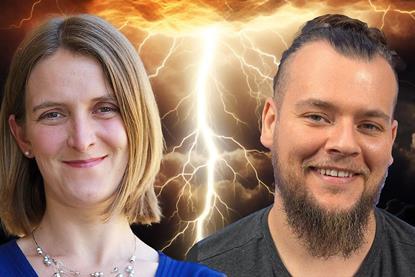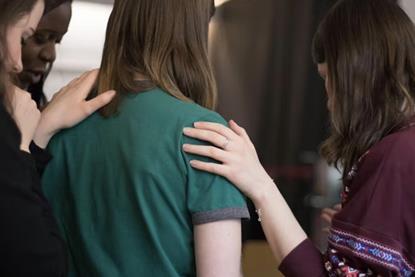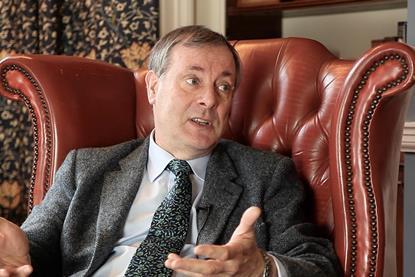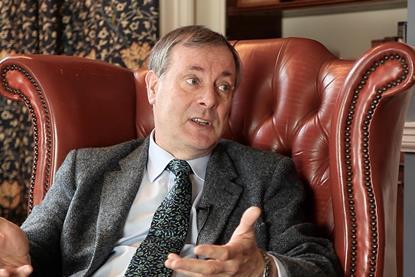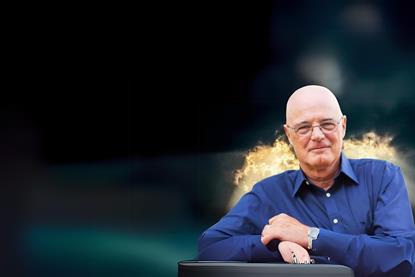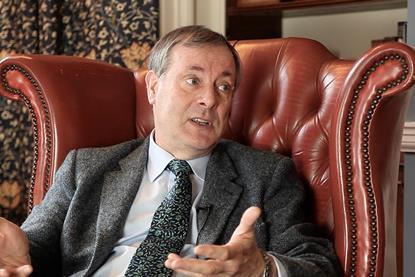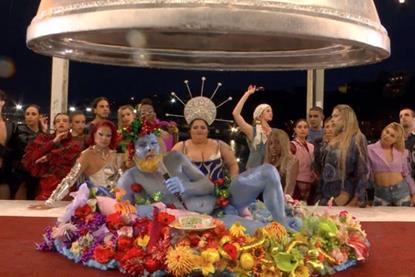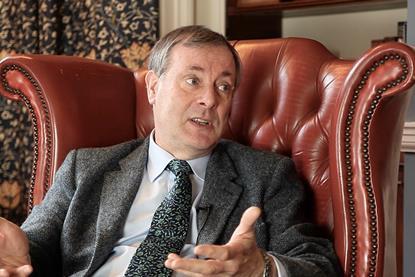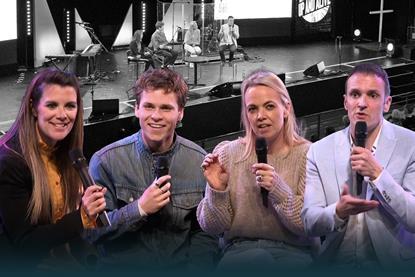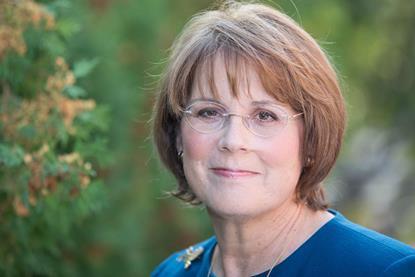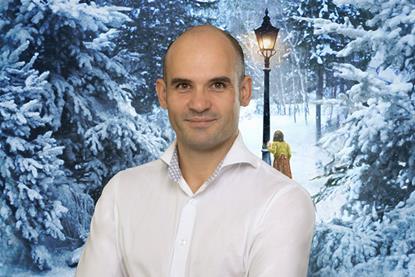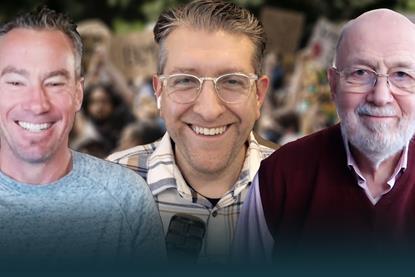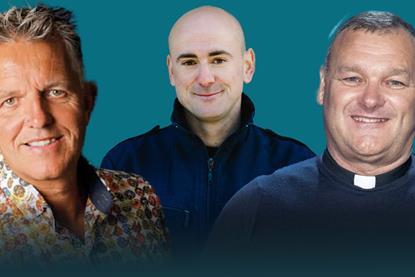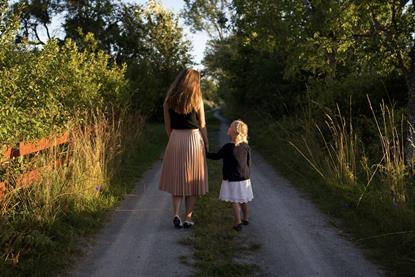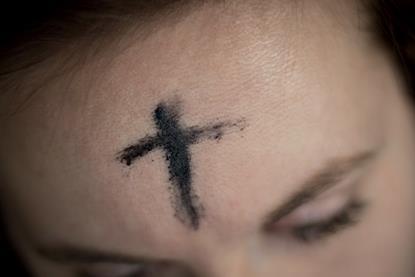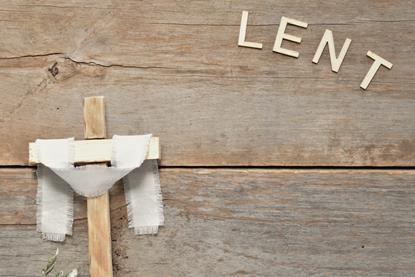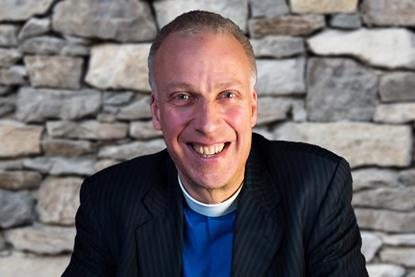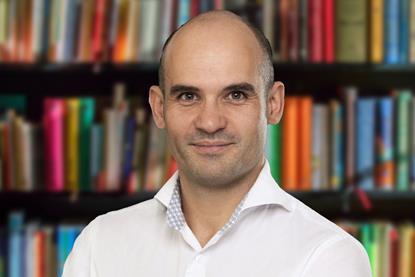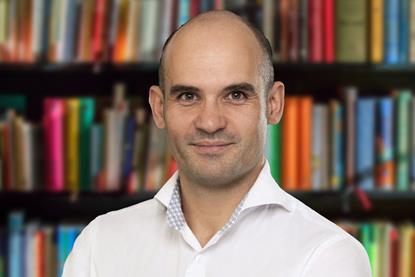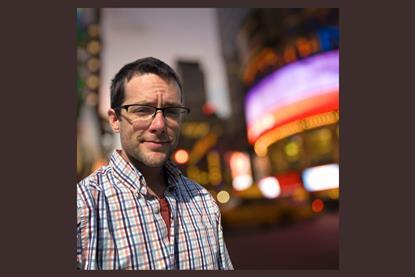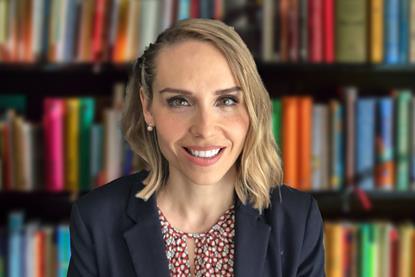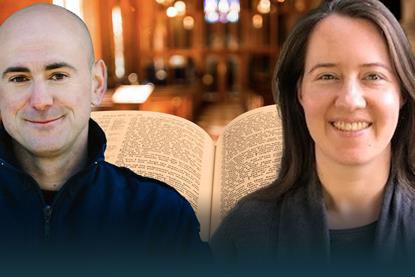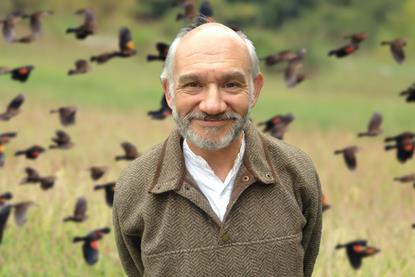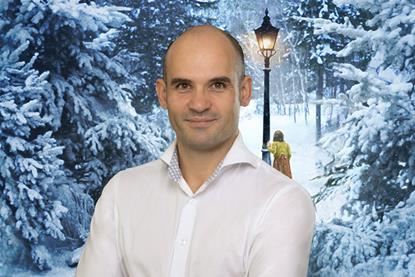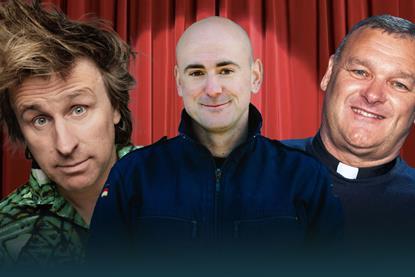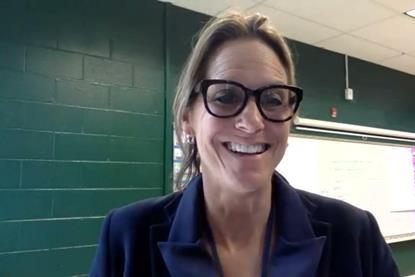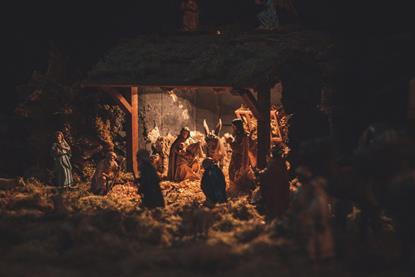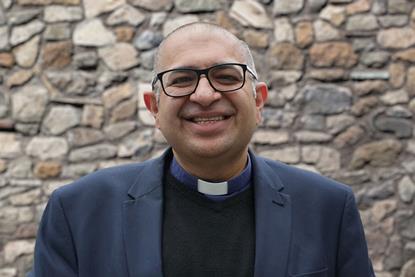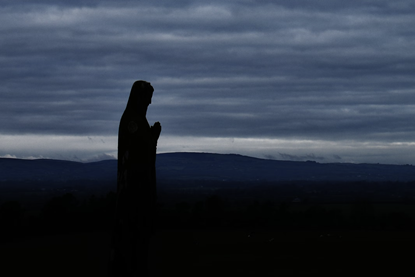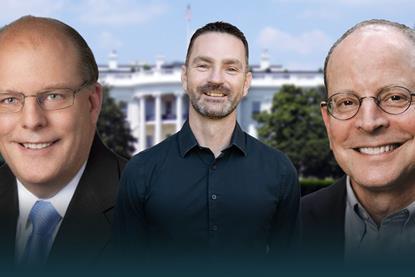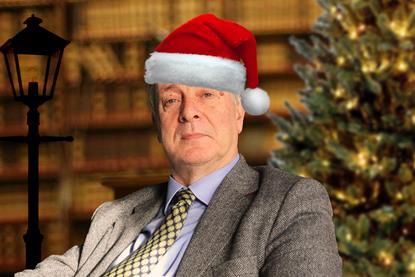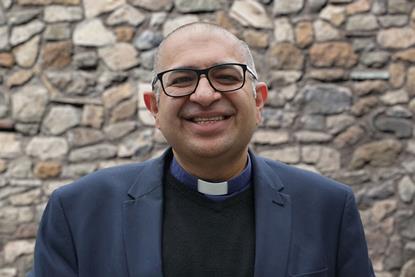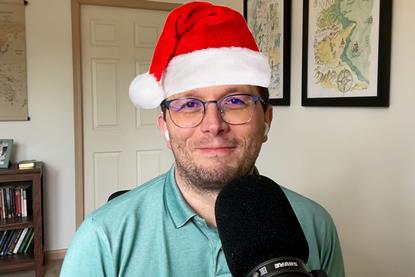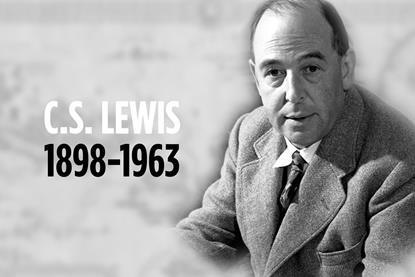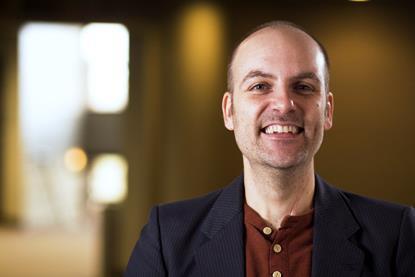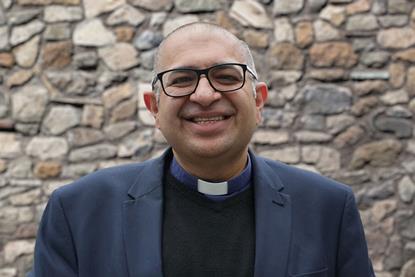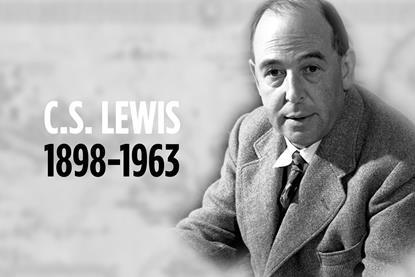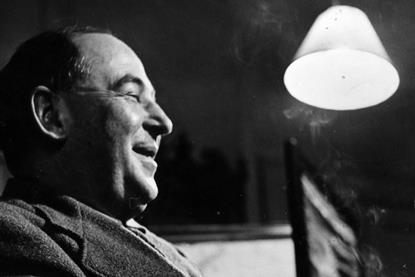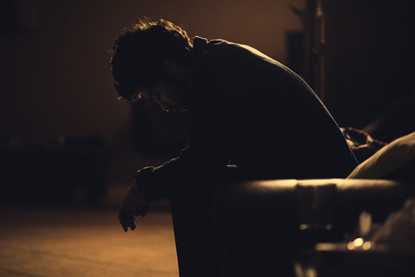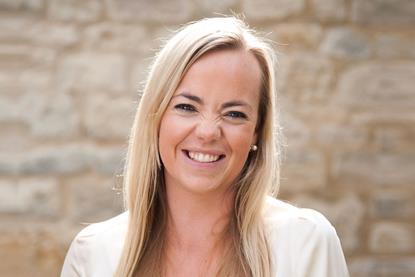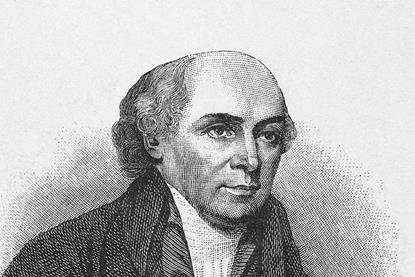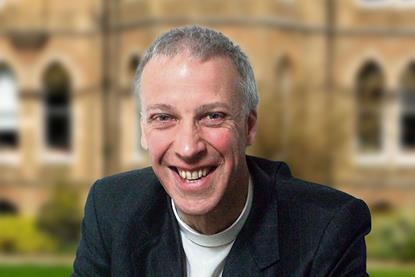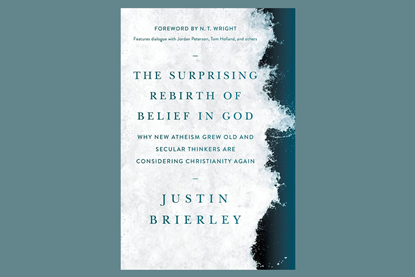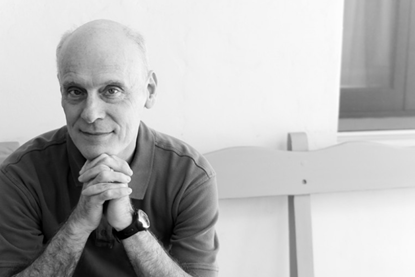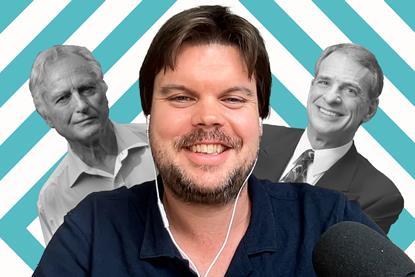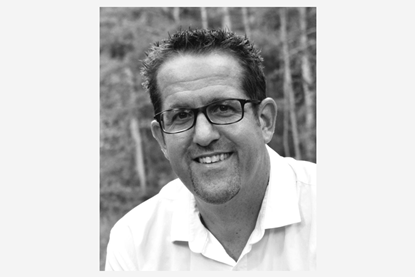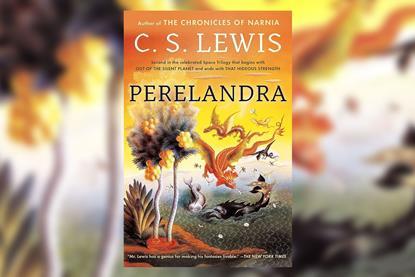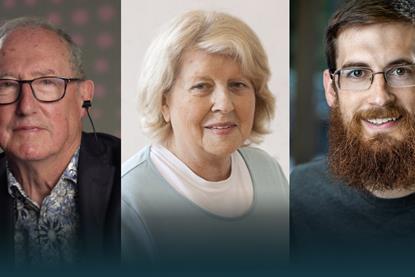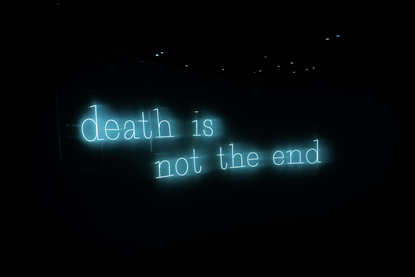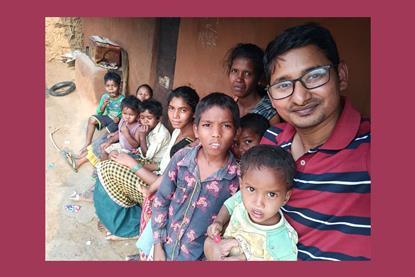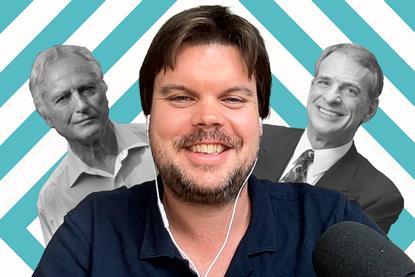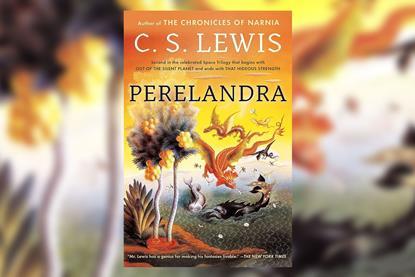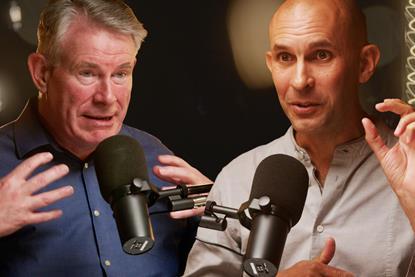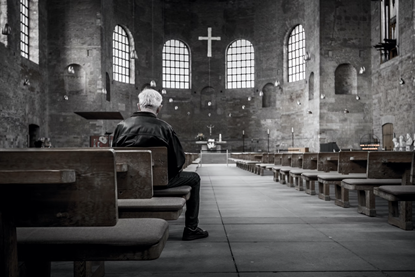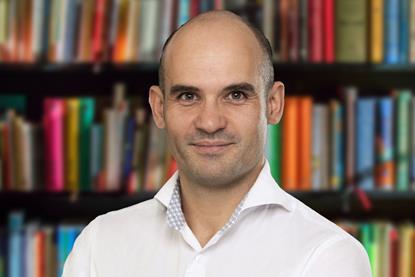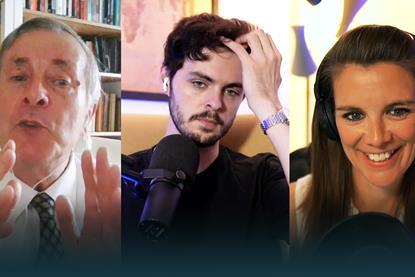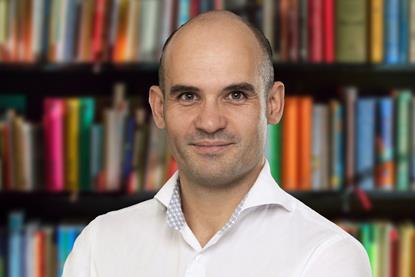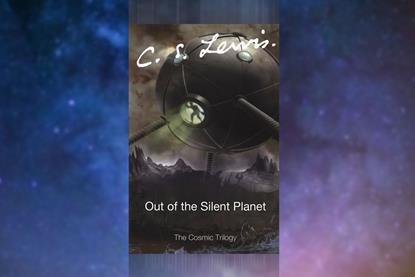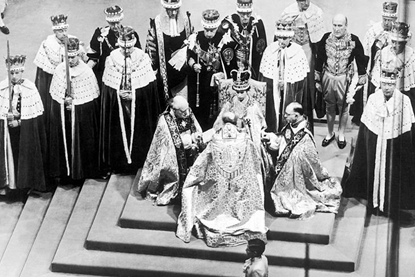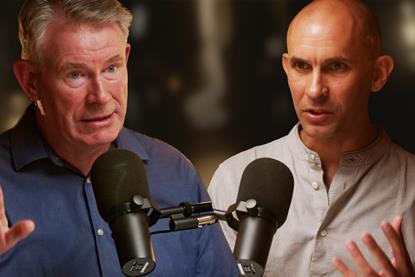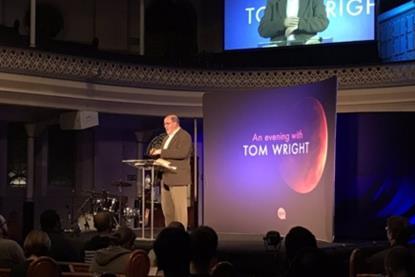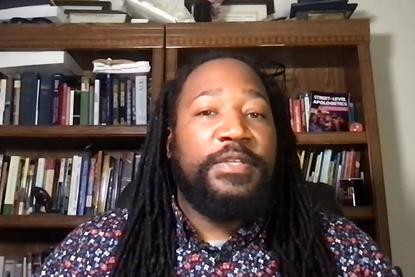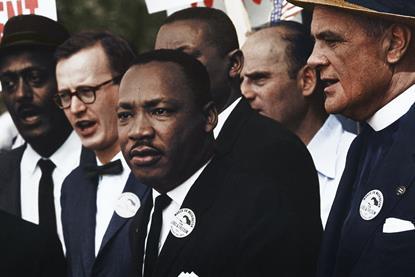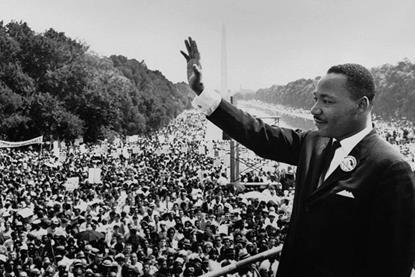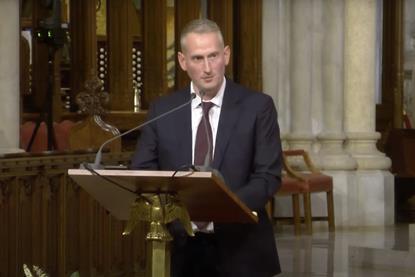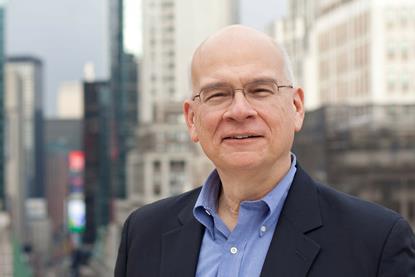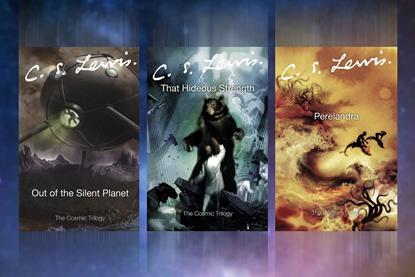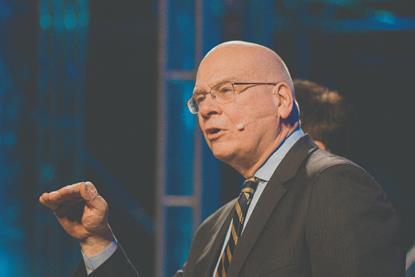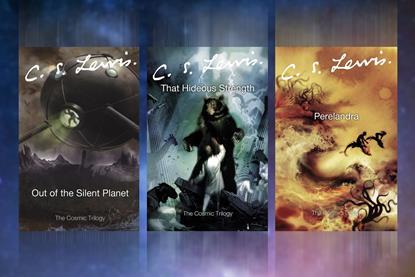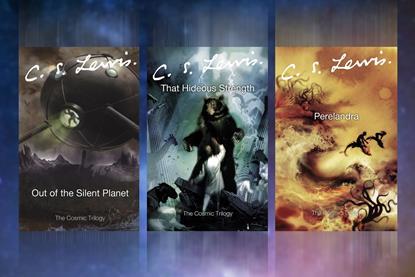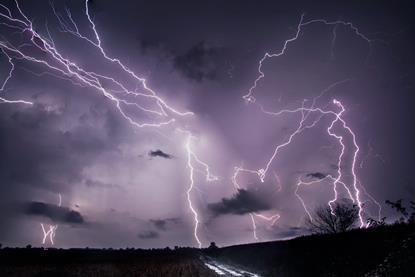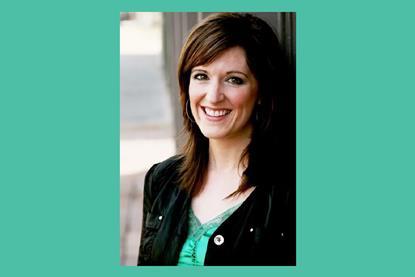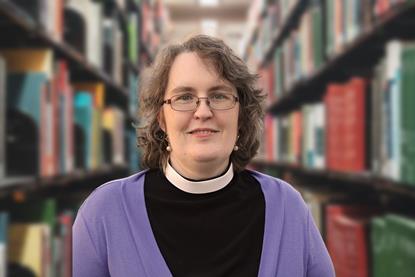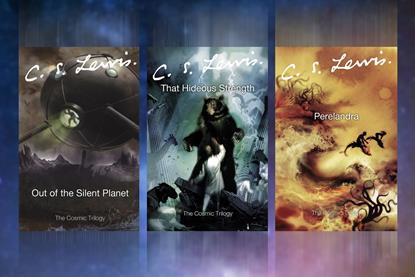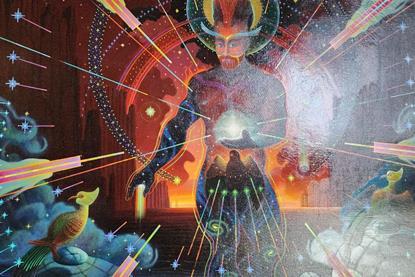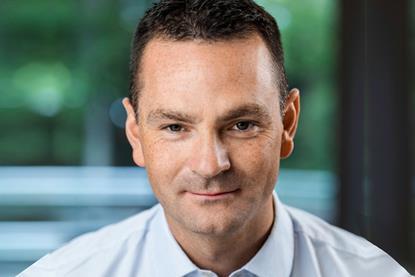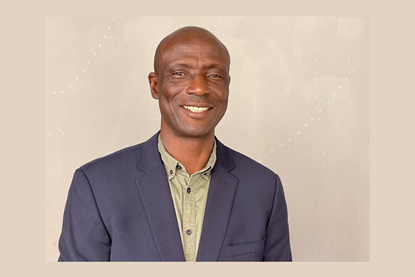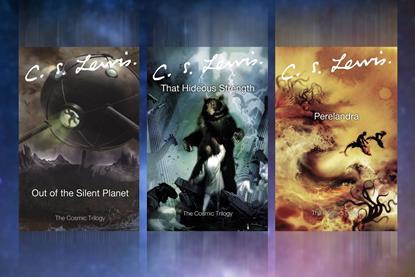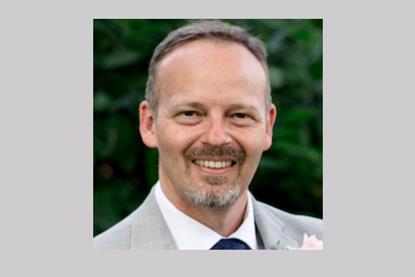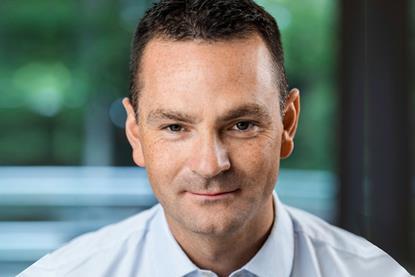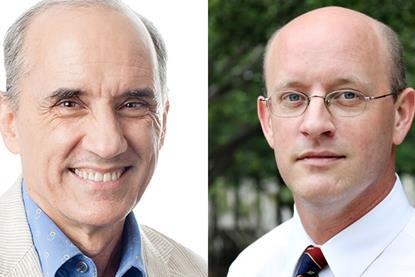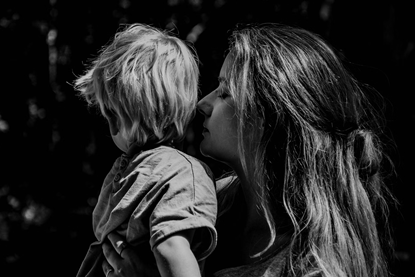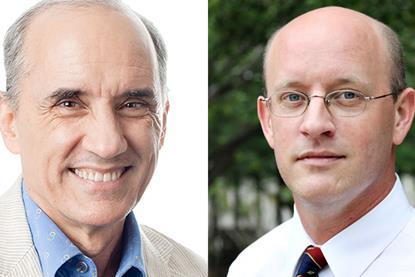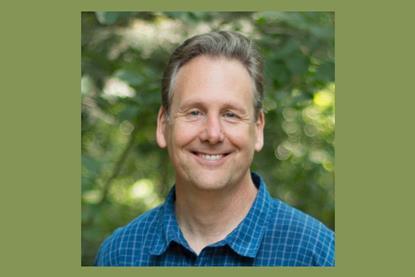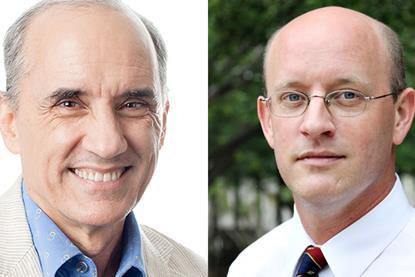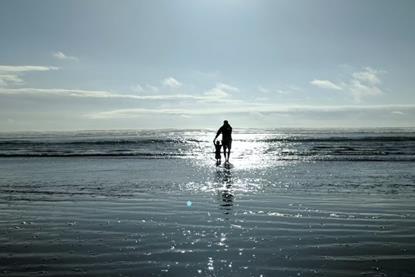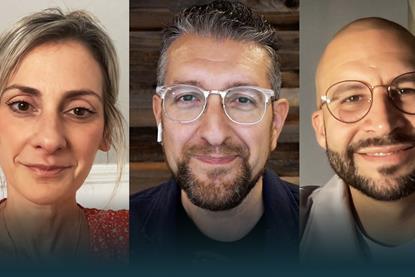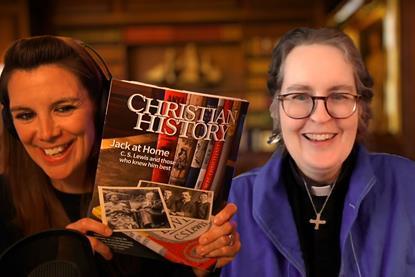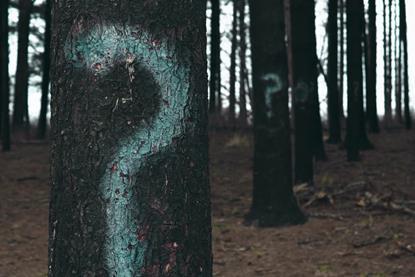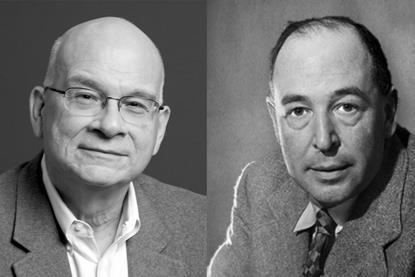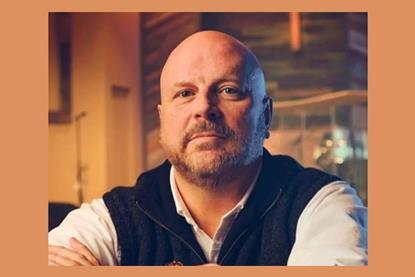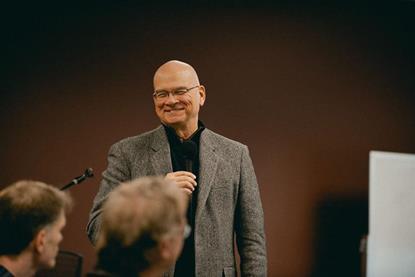Christian living
Is Christianity bad?! Has religion done more harm than good? NT Wright and Mike Bird LIVE in London
N.T. Wright and Mike Bird and reunited together in person in Premier’s new London studios for a big Ask NT Wright Anything episode.
What is real church community?
Tom Wright and Mike Bird begin with a thoughtful look at church models, exploring how the New Testament envisions the people of God, why no single structure is “the” biblical one, and how modern churches can still reflect the unity and mission of early Christian communities.
Happiness, humanity, ethics, evolution… what really is the meaning of life? Sam McKee vs Stephen Law hosted by Andy Kind
Can we really know whether God exists… or is belief just a product of evolution and psychology?
Christian Apologist on Navigating the Fallout of Charlie Kirk’s Murder: Facts Care About Your Feelings After All
In the wake of Charlie Kirk’s killing, our nation confronts a familiar crisis: the temptation to dehumanise those with whom we disagree. Christian apologist Abdu Murray argues that the way forward requires integrating truth and compassion - recognising that facts and feelings are not enemies, but part of what it means to be fully human.
Why Historians Agree Jesus Was Known as an Exorcist - Ancient Evidence & Modern Scholarship
Did Jesus cast out demons as a miracle-working prophet - or was he seen as a sorcerer by his critics? While early opponents didn’t deny his extraordinary deeds, they debated the source of his power. Today, historians across worldviews widely agree: in his own time, Jesus was famously known as an exorcist. Discover why this reputation matters for understanding his identity, mission, and the historical roots of the gospel story.
C.S. Lewis on Theology: A New Mini-Series with Alister McGrath presented by Ruth Jackson
What does it mean to take C.S. Lewis seriously as a theologian? In this new series of The C.S. Lewis Podcast, host Ruth Jackson and Professor Alister McGrath delve into Lewis’s theology - his defence of miracles, his understanding of Scripture, and his vision of faith that unites reason and imagination.
Union and communion: The Trinity demystified
In this episode of Matters of Life & Death, we tackle one of Christianity’s most misunderstood doctrines: the Trinity. Is the idea of one God in three persons just a theological puzzle for scholars, or could it transform our understanding of God and ourselves? Discover how reflecting on Father, Son, and Spirit might unlock new meaning and practical insight for daily Christian living.
We Tried Pizza and Games. Here’s What Really Reaches the Next Generation.
After years of trying to entertain young people into faith, Erik Strandness says it’s time to rediscover the power of real conversation - where questions matter more than lectures.
Big Bang, fine-tuning and the limits of science – can cosmology point us to a Creator?
Unbelievable? host John Nelson reflects on a debate he hosted between Niayesh Afshordi and Michel-Yves Bolloré about whether cosmology and the Big Bang prove the existence of God—or reveal deeper cosmic mysteries. John Nelson asks, Does Cosmology Prove the Existence of God?
The idolatry of Christian Nationalism, with John Heathershaw
This episode of Matters of Life and Death delves into the rise of Christian nationalism in Western politics. John Heathershaw, a Christian professor of international relations, unpacks whether longing for a “Christian nation” is helpful, harmful, or even idolatrous. The episode explores how Christians should engage in politics, what the gospel offers beyond national borders, and how faith responds to a world where power seems to triumph over principle.
Does God Exist? Shaun Stevenson vs Nathan Elvidge hosted by Andy Kind
In this lively Unbelievable? debate, philosopher Dr Shaun Stevenson and Oxford’s Nathan Elvidge go head-to-head at Waddesdon High School on the question, “Does God exist?” Covering everything from the roots of religious belief to morality, evil, and free will, they challenge each other - and the audience - to think more deeply about faith, doubt, and what makes us human.
Eternal Torment or Final End? Rethinking Hell | Dan Paterson v Jordan Wood hosted by Vince Vitale
Few topics raise as many questions as hell. Is it eternal torment, final destruction, or something else entirely? In this episode of Premier Unbelievable?, Vince Vitale is joined by Australian apologist Dan Paterson (Questioning Christianity: Is There More to the Story?) and Catholic theologian Jordan Wood (The Whole Mystery of Christ). Together they explore whether the traditional doctrine of Eternal Conscious Torment is biblically and theologically defensible, and why so many Christians today are reconsidering alternative views such as conditional immortality or annihilationism.
Elijah or Obadiah: Should our Christian witness be prophetic, incarnational or both?
This episode explores the tension between being prophetic outsiders - standing apart from culture to call out evil - and incarnational insiders - engaging deeply to influence society for good. Drawing inspiration from the unexpected meeting of Elijah and Obadiah in the Old Testament, we ask: What kind of witness is most faithful to Jesus today?
Tom, Should We Work Out? Why Is The Bible Authoritative?
In this episode, Tom Wright and Mike Bird answer three big listener questions: Should Christians care about physical fitness, and how does it relate to spiritual health? Why is the Bible authoritative, and how should we understand its authority today? And finally, what did Jesus really mean by the “unforgivable sin”? Join them for practical wisdom and theological insight on faith, body, and Scripture.
Charlie Kirk: A turning point for the US?
The assassination of Charlie Kirk may prove to be a civilisational flashpoint, not unlike Constantine’s victory at the Milvian Bridge. Still, instead of welcoming Christianity into the heart of the West, it could mark the moment the faith was deemed expendable.
Do we have a soul? Or are we just bodies and brains? Is death the end? Dr Claire Gilbert vs Harry Amos
In this live edition of Unbelievable?, Andy Kind hosts a fascinating conversation on the nature of the soul and spiritual experience.
Euthanasia for newborn babies, pagan philosophies and Christian witness in a post-Christian age
This episode explores the ethical and cultural challenges posed by proposed euthanasia laws for newborns in Canada. It examines the contrasting philosophies behind medical decisions for babies, the early church’s radical witness against pagan practices, and how Christians today can uphold the full dignity of every child in an increasingly post-Christian world.
Should Church Leaders Be Ordained? Are We Needed To Usher In The New Creation?
Mike Bird and Tom Wright take on three big listener questions. How do we actually cooperate with the Spirit in God’s plan for new creation? Tom reflects on what it means to anticipate heaven and earth being joined, and how our present faithfulness participates in that future hope.
How we all came to think science and religion were at war
This classic MOLAD episode features Nick Spencer, author of Magisteria, exploring the myth that science and religion are natural enemies. The conversation uncovers the complex history behind this idea, asks whether faith and science really need to be kept separate, and reveals the overlooked spiritual lives of some of history’s greatest scientists.
Did Jesus Know He Was Divine?
Mike Bird and Tom Wright tackle three big listener questions. First: did Jesus know he was God - and if so, in what sense? Tom explores how Jesus reframes what we mean by “God,” drawing on the Gospels and Philippians 2.
Read My Lips: Tom Wright Does Believe in Penal Substitutionary Atonement
For years, Tom Wright has been accused of denying penal substitutionary atonement (PSA) - but is this fair? In a special bonus episode of Ask NT Wright Anything, Tom sits down with Mike Bird to clarify his true views on the cross, challenge common caricatures, and invite listeners into a richer, more biblical understanding of atonement that goes beyond slogans and controversy.
Can you lose Salvation? Why do churches keep splitting? What is covenant theology?
In this episode of Ask NT Wright Anything, Tom Wright and Mike Bird tackle church divisions, explain the differences between covenant theology and dispensationalism, and explore the Salvation Army’s unusual stance on sacraments. They dig deep into Hebrews 6, wrestling with what it really says about salvation security.
Has Christianity Lost Its Stickiness? Paul Kingsnorth & Bijan Omrani Debate Faith’s Future
Is Christianity’s decline a modern phenomenon, or has the West been losing its spiritual glue for centuries? In this thought-provoking Unbelievable? conversation, historian Bijan Omrani and writer Paul Kingsnorth explore how technology, culture, and shifting definitions of faith have shaped the church’s relevance - and whether today’s spiritual revival is the real thing or just another fleeting trend.
Are Animals Moral Agents? Why Only Humans Step Off the Hamster Wheel
Do animals deserve moral standing, or is morality a uniquely human trait? In this article, we examine whether animal rights arguments from Peter Singer and others hold up, and why the Christian worldview sees humans - not animals - as responsible moral agents called to care for creation.
One in five pregnancies: How we’re talking differently about miscarriage, and what that may mean for abortion
This classic Matters of Life and Death episode explores how society’s approach to miscarriage and baby loss has shifted toward greater empathy, and what that means for parents and churches. The episode also examines the contrasting ways we talk about abortion and baby loss, asking whether Christians should address these inconsistencies in advocacy.
AI, Meaning & the Logos: John Lennox vs John Vervaeke on the Future of Faith and Humanity
What does it mean to be truly human in an age of artificial intelligence, declining religious belief, and rising spiritual hunger? Oxford mathematician and Christian apologist Professor John Lennox and cognitive scientist Dr John Vervaeke of the University of Toronto explore whether AI threatens or reveals our uniqueness, if meaning can exist without God, and whether spiritual transformation is possible in a post-religious age.
Who were "the sons of God" in Genesis 6?
In this episode of Ask NT Wright Anything, Tom Wright and Mike Bird unpack deep questions about God’s enduring love for Israel, the ethical challenges of working in defense and military industries, the mysterious “sons of God” in Genesis, and the ongoing meaning of Passover and foot washing for followers of Jesus today. The conversation wrestles with ancient texts, modern dilemmas, and how to live faithfully in a complex world.
Is Empathy a Sin? Can caring too much ever become morally wrong? Dr. Joe Rigney and Dr. Alastair Roberts
Joe Rigney calls empathy a sin. Alastair Roberts says not so fast. Who’s right? Today, we explore a question at the heart of pastoral care, public witness, and Christian leadership: Is empathy a virtue to be cultivated or a vice to be resisted?
The new Pope, Catholic Social Teaching and a second industrial revolution
On his second day in office, Pope Leo XIV signalled that Catholic Social Teaching may be vital for today’s AI-driven industrial revolution, just as it was during the age of steam. Catholic theologian Luke Arredondo joins us to explore what this could mean for the Church and society.
What does the Bible mean by a hardened heart, ‘filled’ by the Spirit and to be ‘holy’?
What is biblical holiness? Can a heart be so hardened that it’s beyond saving? Does the Holy Spirit still give personal promises today? And what does it mean to be truly ‘filled’ with the Spirit?
Christianity vs Reincarnation: Heaven, Dinosaurs and Angels | Andrew Hronich vs Dr Dale Allison Jr hosted by Andy Kind
This week on Unbelievable. Do animals go to heaven? Do humans become angels? Do we start families in the afterlife? And what about reincarnation? Is that really off the table for Christians?
Doubt: Facing Our Questions, Finding the Way [Part Two]
“Doubt comes in at the window when inquiry is denied at the door.” - Benjamin Jowett, the 19th-century Oxford theologian and reformer known for championing honest faith and rigorous questioning.
Abortion decriminalised (Part 2)
The rapid liberalisation of UK abortion law was shaped by precedent in Northern Ireland and accelerated by COVID-era telemedicine, leading to increased prosecutions for late-term abortions. As decriminalisation may soon become law, the pressing question is how Christians and the church should respond—through advocacy, prayer, or practical action to reduce abortion demand.
Abortion decriminalised (Part 1)
Parliament has quickly passed a major reform decriminalising abortion up to birth in England, with little public debate or scrutiny. This episode explores how we reached this point, the history of abortion law in the UK, and what these changes mean, with insight from Dawn McAvoy of Both Lives.
Will the resurrection be for all, or just for believers? NT Wright Answers
What is the ‘divine council’ in the Bible? Who receives a ‘resurrection body’? And how can Christians be sure of their salvation?
Can therapy alone heal the soul? Two Psychiatrists Treating BPD & NPD Explore the Search for Meaning | Brandon Unruh vs Claire Brickell hosted by Vince Vitale
Exploring BPD, NPD and Meaning in Christian and Secular Psychiatry.
Is abortion ever justified? Can Lucifer be forgiven? NT Wright answers your questions
Is abortion ever ethically justifiable? Could Lucifer ever be forgiven? And how do Romans 8 and Galatians 4 shape our understanding of grace, law, and inclusion? What an episode!
Adult Conversion vs Leaving the Faith: What’s More Meaningful? Matthew Su & Nathan Ormond | Schools Debate Special
Is it more meaningful to choose Christianity as an adult, or to walk away after growing up in it? In this special schools episode, teenagers ask the tough questions as host Sam McKee moderates a gripping debate between Matthew Su, a Christian convert and PhD candidate at Cambridge, and Nathan Ormond, ex-Christian and creator of the Digital Gnosis YouTube channel.
Is the Tide of Faith Turning?
Justin Brierley’s “The Surprising Rebirth of Belief in God” explores the unexpected comeback of faith in our culture, examining new data, cultural shifts, and the unique opportunities and challenges for Christians as spiritual curiosity surges once more.
Why does God allow pain and suffering? A series on the most googled questions
In the third article of this seven-part series, Bruce Miller and Ruth Jackson explore this challenging question, drawing on wisdom from faith leaders and the Christian belief in a God who suffers with us.
Will God resurrect my cremated body? NT Wright on God’s grace, the Law, and new life after cremation
In this episode of Ask NT Wright Anything, Tom Wright and Mike Bird explore the deep connections between ‘hesed’ in the Old Testament and ‘charis’ in the New, offering a rich picture of God’s love and faithfulness. They tackle the sensitive topic of cremation and Christian burial, affirming the unshakable hope of resurrection.
Does science prove God?
Sam McKee hosted a recent Unbelievable? discussion between Paul Ewart, Emeritus Fellow of Worcester College, and Phil Halper, YouTuber and Fellow of the Royal Astronomical Society, regarding the role of science in fostering or discouraging belief in God.
6 Reasons To Try Church
Church attendance in the UK has risen by 50% over the last six years, according to new data from YouGov. That means roughly 2 million people have tried church recently. Here are six reasons you might want to consider joining them…
Does life have a purpose? Answers to the seven most googled questions about God
From CS Lewis to everyday heroes, Premier Unbelievable explores where true meaning and purpose are found. Pastor Bruce Miller and others reflect on the surprising lessons of Ecclesiastes, challenging us to look beyond life “under the sun” for deeper significance.
Did Jesus Really Die and Rise from the Dead? David Instone-Brewer v Ijaz Ahmed hosted by Andy Kind
Heading into Easter, we explore if the resurrection is key to Christianity and how it’s viewed in Islam. Rev Dr David Instone-Brewer and Islamic apologist Ijaz Ahmed debate Jesus’ crucifixion, resurrection, and divinity.
Why I Changed My Mind on Christian Sexual Ethics? Rev Dr Christopher Landau vs Rev Charlie Bell hosted by Andy Kind
Joining Andy Kind are Rev Dr Christopher Landau, author of Compassionate Orthodoxy and Sexuality, who defends the Church’s traditional teaching with pastoral conviction - and Rev Dr Charlie Bell, author of Queer Holiness, who calls for a theology that embraces LGBTQ+ inclusion as central to holiness.
Wrestling with the Divide - Why I Couldn’t Keep Faith and Science Apart Anymore
Part 1 of a four-part series: From Theistic Evolution to Intelligent Design: Why I changed my mind
S2 #13 God’s Love: Universal, Personal, or Both? NT Wright Answers
Tom Wright and Mike Bird explore God’s love, the challenges of church community, and how we grow closer to Him. They also discuss the role of parental guidance in marriage and the balance between cultural expectations and personal choices.
What is the way forward for Christians in the new technological age?
Dr Tim Wyatt explores the complex relationship between Christianity and technology in today’s digital age. From neo-Luddites to techno-optimists, discover the balanced path for believers in the midst of AI advancements and social media debates
Creating a sacred space: the yearning for tradition and aesthetics in the church
More traditional styles of worship are gaining popularity, in contrast with the modern norm of trendy pop-rock worship bands, minimalist décor and warehouse-style buildings. Erik Strandness reflects on his desire for awe, majesty and beauty when attending church
A military man finds God: the story of Jon Wilke
This soldier was reading the Bible for fun, but it led to serious soul-searching and heartfelt prayer
Three surprising suggestions for fruitful evangelism
What is evangelism, and how it can be fruitful? Pastor Marc Lambert explores three unusual tips for how to share your faith more effectively
From meaningless atheism to the satisfying answers of faith: the story of Christine Mooney-Flynn
A former atheist finds God at the end of a long spiritual quest through nihilism and despair
Will anti-obesity wonder drugs save our broken NHS?
The new British government has been crystal clear that in their view, the National Health Service – a state-run socialised system which is quasi-worshipped by most Britons – is in long-term crisis. Services from family doctors to cancer treatment to A&E in hospitals are struggling and failing to hit targets, and constantly underfunded.
Have evangelical leaders sold out to a progressive secular agenda? Megan Basham vs Krish Kandiah hosted by Billy Hallowell
In this episode of Unbelievable host Billy Halliwell moderates a debate between author and journalist Megan Basham and social entrepreneur Krish Kandiah.
When I was an atheist I made fun of Christian kids at school - now I ring them up to apologise
Harry Howard tells Premier Unbelievable how a surprising school lesson changed his mind about God, and why the church should try reaching young people with ancient forms of worship.
Stigma, anti-depressants and emotional resilience: Rethinking mental health and the church
Tim is away this week so we’re sharing a classic episode from the MOLAD vault. Since the covid pandemic there has been an alarming rise in people presenting with mental health problems.
🌍✨ Should we edit the human genome, or is that playing God? 🧬 John Wyatt vs Sam McKee hosted by Andy Kind
With the revolutionary gene-editing technology CRISPR—winner of the 2020 Nobel Prize in Chemistry 🏆—we now have the power to potentially eradicate diseases that have caused untold suffering. But where should we draw the line? 🤔
Why Christians need to reach across today’s bitter political divisions to follow their Lord
The two founders of popular podcast ‘Truth over Tribe’ meet Premier Unbelievable to discuss how to find a Christian path through political strife
The CS Lewis Podcast #174 Alister McGrath: Can Lewis help us to find meaning?
What did Lewis mean by “big pictures” and how did he use them in his work? How can he help those struggling to find their purpose in life? Why are people so concerned about a lack of coherence and can Lewis be of assistance? Can creeds help us? Professor Alister McGrath explores how Lewis can be a pathfinder and a resource for the Christian life.
A Christian explanation for Natural Evil from the Dirckx vs Woodford debates
An apologetic for natural disasters using the Genesis creation story
Light in the darkness? What the Church can offer someone suffering with depression
Apologist Joel Furches explores the relationship between Christianity and psychiatry, and asks why Christians suffer from depression when they are promised joy?
The CS Lewis Podcast #173 Alister McGrath: How do we tell good stories?
How can our individual stories find new meaning and significance from Christianity’s “grand story”? In what ways did Lewis tell the Christian story? And what can we learn from this? How do we share our own story? Professor Alister McGrath explores how we can use Lewis as a resource for our Christian life and looks at some of Lewis’ favourite stories, including The Pilgrim’s Regress.
Definitely, maybe? Should Christians pursue hedonistic pleasures such as attending the upcoming tour of the reunited Oasis?
The upcoming Oasis tour presents a dilemma for Christian fans who face temptations to spend a lot of time and money on the once-in-a-lifetime musical event
The CS Lewis Podcast #172 Alister McGrath: Why do stories matter?
Which stories impacted Lewis as a young child? Why is story so important? How does imagination help convey truth? What did Lewis mean by “myth” and how did that impact his thinking? Where did JRR Tolkien help with this? How do we allow the Christian story to shape our own? Professor Alister McGrath explores how we can use Lewis as a resource for our Christian life.
Progressive Brian McLaren vs evangelicals: is there really such a big divide?
Journalist Heather Tomlinson explores a recent Unbelievable? conversation, unpacking some of McLaren’s theology and summarising a number of other voices on these key issues
The CS Lewis Podcast #170 Alister McGrath: Is Lewis a helpful spiritual mentor?
How did CS Lewis live out his Christian faith? What practical tools or approaches can he offer to inform our spiritual practices? How can Lewis help us work out our vocation? Does he have any advice for those experiencing doubt? Professor Alister McGrath explores how we can use Lewis as a resource for our Christian life.
Should we be outraged by the Olympics opening ceremony?
Many people complained about drag artists depicting the Last Supper during the Olympics opening ceremony. Author Drew Cordell looks at whether their outrage was justified
Pride month versus humility: What does Jesus say?
June marks LGBT Pride Month, but what does the Bible say about humility, pride and holiness? Erik Strandness explores
What will heaven be like?
Writer Steve Schramm explores important questions about the afterlife
The CS Lewis Podcast #162 Alister McGrath: Is there still a place for Lewis in today’s society?
We continue our conversation with Professor Alister McGrath answering live questions, including who influenced Lewis’ faith journey, whether there’s an expiry date on his relevance and how Lewis has impacted Alister’s own theology.
Is God anti-gay? (and other questions) Live Q&A with Amy Orr-Ewing, Jesse Fellingham, Ben Thomas and Ruth Jackson
Where is God in my friend’s suicide? 😭 Is God anti-gay? 👀 Do Christians and Muslim’s worship the same God?… 🔥 ☪️ ✝️ In today’s episode we’re taking you to the recording of a live event we call NO QUESTION OFF LIMITS.
Unapologetic #105 Kathy Keller: Why I changed my mind on women ordination
We continue our conversation with writer, editor and speaker Kathy Keller. Why did their sons believe her and Tim should never offer parenting advice?! What did they learn at Hopewell, Virginia that proved invaluable when planting Redeemer in New York? Why did Kathy leave seminary convinced ordination was no longer a viable option for her?
Unapologetic #103 Rachael Heffer: Are young people more spiritual?
In the final part of their conversation about the Talking Jesus research, Rachael Heffer, head of mission at the Evangelical Alliance, shares her thoughts around some important questions. Why are young people leaving the Church? How do we navigate tricky cultural conversations? What are her top tips for family discipleship?
The CS Lewis Podcast #156 Phil Knox: Lord All matey or Lord Almighty?
Did Jesus have favourites? What does good friendship look like? Can we can call God friend? Why does Lewis consider friendship “the most spiritual of loves”? Is Christian frienship greater than non-Christian friendship? Phil Knox, author of The Best of Friends concludes his conversation on Lewis and friendship.
Unapologetic #102 Rachael Heffer: Do people want to engage in conversations about faith?
How do people respond to hearing about God? Has the general opinion of the UK shifted on matters of faith in recent years? What do young people think? How confident are Christians about sharing their faith? How do we approach people’s big questions?
Is God fully in control? 4 views of divine sovereignty
Writer Steve Schramm explores determinism and freewill, looking at what the Bible, philosophy and Christian history say about divine sovereignty
What is Taoism and how does it differ from Christianity?
Apologist Joel Furches explores this ancient Chinese religion
Unbelievable? Jesus and Modern Politics with Tom ‘NT’ Wright, Preston Sprinkle and Billy Hallowell
It’s no secret that modern American Christians are deeply divided over politics. This division raises important questions about the influence of Scripture on political beliefs. To make sense of this, we invited renowned scholar NT Tom Wright, theologian, professor and star of the “Ask NT Wright Anything Podcast” along with New York Times bestselling author Dr. Preston M. Sprinkle host of the Theology in the Raw podcast.
Me and my shadow: how should we respond to our inner darkness?
With dark stories dominating our news cycles, Erik Strandness explores what our response should be to the darkness inside us
Unbelievable? Where is God to be found when you are told your cancer is terminal? Steve Legg, Allan Finnegan and Andy Kind
Where is God to be found when facing the no-joke reality of a terminal diagnosis for cancer? Two comedians, who are both Christians, are facing just this challenge. This discussion between Steve Legg and Allan Finnegan hosted by Andy Kind will transform the way you think about terminal illness. This uplifting show explores why two men in the prime of life feel closer to God than before they received their devastating diagnoses.
How can churches support people who find Mother’s Day difficult? 7 tips from makeup artist to the stars Hannah Martin
As we approach Mother’s Day, Hannah Martin, who has made up some of the world’s most famous faces, shares her thoughts on how to support those who may be struggling
From Roses to Ashes: The harmonious dance of Valentine’s Day and Lent
Valentine’s Day and Ash Wednesday fall on the same day this year. Author Lauren Windle reflects on this unlikely compatibility and ponders what it means for us
Why do we observe Lent? NT Wright on lament and celebration
As we approach Lent, Rt Rev Prof NT Wright shares his thoughts on how Lent emerged, why it’s significant and what it means for us today
Unapologetic #91 Michael Lloyd: Where does our value come from?
Rev Dr Michael Lloyd, co-author of Image Bearers, explores how the image of God shapes our understanding of what it is to be human. Is secular psychology sufficient? Why is restoration necessary? How does community help? Why is diversity so important?
Unapologetic #90 Phil Knox: Should God be your best mate?
In this final episode with evangelist Phil Knox, we explore friendship with God. Can God be our friend? How do we prioritise and pursue the presence of God? Must we ensure the Lord Almighty doesn’t become the Lord Almatey?
Unapologetic #89 Phil Knox: Did Jesus have favourites?
Evangelist Phil Knox continues sharing his top tips for making and maintaining friends. Why is diversity so important in friendship? How do we get the balance of fun and vulnerability? What can we learn from Jesus’ friendships?
Making sense of reality: How an atheist philosopher discovered Jesus via paganism
The horrific terror attack of 9/11 cemented in Patrick Flynn’s mind that religion was not only untrue and irrelevant, but also troublesome. Jana Harmon explores how rigorous study and existential questions led Pat to change his mind
The CS Lewis Podcast #140 Sarah Irving-Stonebraker: Does history matter?
Associate Professor Sarah Irving-Stonebraker shares how significant CS Lewis was in her journey from atheism to Christianity. As an academic historian, she explores how great books speak to ever-present questions and looks at why the past matters. Why is Lewis still relevant 60 years after his death?
Unbelievable? Why do women often feel unequal to men in the church? with Liz Cooledge Jenkins and Andy Kind
Today on Unbelievable? Andy Kind hosts the first part of an occasional series on the topic of women in the church, how women are portrayed in the Bible, and questions around women in ministry. Why do women often feel unequal to men in Church? There are plenty of differing views and we will cover a number of them in the coming months.
Unapologetic #85 Andrew Gosler: Coming to faith through Dawkins
Rev Andrew Gosler, professor of Ethno-ornithology at Oxford University, shares how working in the same department as Richard Dawkins and reading his publications eventually led him to become a Christian. Plus, he shares a fascinating story about answered prayer.
The CS Lewis Podcast #138 Phil Knox: Why the Narnia Chronicles make me cry
”Daddy, why are you crying? It’s only a lion!” Evangelist Phil Knox shares his experience of reading The Narnia Chronicles with his young son and the impact these books have had on his own life. Why is The Lion, the Witch and the Wardrobe significant for so many people? And how does The Horse and his Boy depict the Christian story so profoundly?
Unbelievable? Can Christians do comedy? with Milton Jones, Allan Finnegan and Andy Kind
In this episode, top British comedian and writer Milton Jones and Baptist minister, comedian and semi-finalist of Britain’s Got Talent, Allan Finnegan, offer a captivating behind-the-scenes glimpse into their world.
A brief encounter: How a successful professional on Capitol Hill moved from secular humanism to Christianity
Jana Harmon shares the story of former sceptic Susan Leonard who saw no need for faith until a personal tragedy led to a profound encounter with God
Is Christmas relevant for everyone?
Author Ben Harris shares some thoughts on how to bring the Christmas story to life this Christmas
The birth of Jesus: Historical fact or hidden agenda?
Writer Steve Schramm explores whether the Nativity story can be trusted
Is it time for Christians to ditch Christmas?
Author Drew Cordell ponders what it might mean for those who believe “Jesus is the reason for the season” to abandon 25th December all together
Unapologetic #83 Bishop Arun Arora: Stormzy, women ordination and the hope of Christmas
In the final part of his discussion with Ruth Jackson, Bishop Arun Arora, author of Stick With Love, looks at some modern day saints including former Archbishop John Sentamu, Stormzy, Cardinal Van Thuân and Rev Dr Florence Li Tim-Oi. Why did Stormzy’s mum skip his Glastonbury performance to go to church? And how does the Christmas story speak hope to a dark world?
What can we learn from Mary, her midwife and the untold Nativity story?
Bridget Supple, an antenatal teacher and author of The Birthkeeper of Bethlehem, shares her perspective on the often-neglected account of the midwife in the Christmas birth narratives
Unbelievable? Should faith and politics mix? | Peter Wehner, Jonathan Rauch with Vince Vitale
Vince Vitale hosts this timely discussion around faith and politics, with Pete Wehner, journalist and senior fellow at Trinity Forum and Jonathan Rauch who is a senior fellow at the Brookings Institute. The topic is Should faith and politics mix?
Did CS Lewis like Christmas?
Professor Alister McGrath shares his thoughts about how Lewis perceived the festive season and what we can learn from him
Matters of Life & Death: Redemption: Always Plan A, sharing in Christ’s sufferings, a Disney fairy story, and the offensive incarnation
Creation. Fall. Redemption. New Creation. Our series on the theological foundations of Christian ethics and the grand narrative of the Bible has reached the third chapter – redemption.
Unapologetic #82 Bishop Arun Arora: Saint Nicholas, George Floyd and unanswered prayer
Who was the real Saint Nicholas? Why was he so passionate about Jesus’ divinity? And why does it matter who Jesus is? Bishop Arun Arora, author of Stick With Love shares his thoughts on a number of saints and looks at how to address the problem of unanswered prayer. How does the Christmas story speak to our suffering? Plus, we hear how God transformed George Floyd’s life while he was in prison and what what can we learn from his life and tragic death.
The CS Lewis Podcast #135 David Bates: What did Christmas mean to Lewis?
David Bates from Pints With Jack shares some of CS Lewis’ thoughts about Christmas. What are some of his key works that elucidate this topic? Did the festive period lose its significance when Lewis became an atheist? Plus, we catch up on how the inaugural CS Lewis Reading Day went last month.
The CS Lewis Podcast: #134 Alister McGrath: Is there an expiry date on Lewis’ relevance?
In the final part of their discussion on whether CS Lewis is still relevant 60 years after his death, Professor Alister McGrath and Ruth Jackson ponder whether he also appeals to agnostics, atheists and those of other religions. Plus, is there a modern-day CS Lewis? Where should someone start if they are engaging with Lewis for the first time? And will Lewis ever cease to be relevant?
Why we must change the way we do mission
Charity worker Simon Foulds shares why he thinks a new framework for mission is needed
Doubting towards God: How a nominal Catholic-turned atheist became a Christian apologist
Spanish musician Pedro Garcia’s atheism was profoundly shaken when he began to engage with intelligent Christians. Jana Harmon shares his story
Unapologetic #80 Bishop Arun Arora: What is Advent and why is it significant?
Bishop Arun Arora, author of the Archbishop of York’s Advent book Stick With Love, shares how a young Brummie with a Sikh dad and Hindu mum became a Christian through Billy Graham. Having been in the Church for 30 years before he saw another Asian man in Church leadership, Arun shares why he and the Archbishop of York have such a strong commitment to racial justice.
The CS Lewis Podcast #133 Alister McGrath: Was Lewis a prophet and does he speak to contemporary cultural issues?
Professor Alister McGrath and Ruth Jackson continue their discussion about whether CS Lewis is still relevant. Was he something of a prophet? What can we learn about the way Lewis engaged with modern media? How did he make complicated theological concepts relatable? In what ways has Lewis influenced our culture and is he able to speak to contemporary topical issues, such as transgenderism?
The inaugural CS Lewis Reading Day: Why should Tolkien geeks have all the fun?
CS Lewis podcaster, David Bates, shares why he helped initiate a campaign to commemorate Lewis with an annual Reading Day on November 29th
Sex, sexuality and the purity culture: What would Jesus deconstruct (WWJD)?
Preston Ulmer, author of Deconstruct Faith, Discover Jesus: How Questioning Your Religion Can Lead You to a Healthy and Holy God, shares his thoughts on how our stance on sex may have caused people to lose their faith
Can the Bible teach us anything about depression?
Rico Villanueva, Langham Partnership’s regional commissioning editor for Asia, shares how studying the psalms of lament have helped him with his bouts of depression
What is Wicca and how does it differ from Christianity?
Apologist Joel Furches explores the central beliefs of Wicca and looks at its historical relationship with Christianity
Unapologetic #78 Amy Orr-Ewing: Why are women central to the Christian story?
Dr Amy Orr-Ewing, author of Mary’s Voice, explores the context of Mary, mother of Jesus, and looks at why women play such a significant role in Christianity. Plus, what is the Magnificat, why is it so revolutionary? And how is it relevant today?
At the going down of the sun and in the morning, should we remember them?
As we approach Remembrance Day in the UK and Veterans Day in the US, Joel Furches explores whether we should be praying for our military
Ask NT Wright #193 Should women preach and lead in church? What about marriage? (Classic)
From the archives: Tom answers listener questions around gender, women in leadership and the dynamics of family life.
Was Halloween originally a Christian festival?
Matt Arnold, editor of The Christian Parapsychologist Journal, explores the origins of Halloween and suggests they are firmly rooted in the Church
Cobbler turned missionary: How William Carey brought hope to the hopeless
Author Mark Roques explores the life of Baptist preacher William Carey
Is there a future for evangelicalism in the West?
Sam Reimer, professor of sociology and author of Caught in the Current, explores the decline of Christianity in light of the three ways religious groups can grow
Unapologetic #74 Michael Lloyd: Should we all study theology?
Rev Dr Michael Lloyd, author of Cafe Theology, shares his story including why he got ordained, how he ended up in academia and why he changed his mind on the ordination of women. He also discusses how to assess the veracity of doctrines and why he believes everyone should study theology.
Is there a rebirth of belief in God?
Erik Strandness reviews Justin Brierley’s new book
Christians in science: Why an astronomer believes the Bible is reliable
Apologist Joel Furches interviewed astronomer Dr Hugh Ross about science and his belief in God
Is Western culture eroding Christianity?
Sam Reimer, professor of sociology and author of Caught in the Current, explores how authority, belief and behaviour have changed over the years and the impact this has had on faith
Unapologetic #73 Peter Byrom: Dawkins’ argument from complexity
In the final part of their discussion, Peter Byrom delves into Dawkins’ argument from complexity, suggesting it may be a circular assumption. They unpack Dawkins’ fascinating exchange with Francis Collins in 2022, where Dawkins admits he may have a presupposition towards materialism. Plus, what does the future hold?
Discovering purpose: An engineer's evolution from atheism to a life filled with meaning
Apologist Jana Harmon shares the story of Neil Placer, who discovered the Christian faith via years of atheism
Are humans better than animals?
Apologist Nathan Rittenhouse shares his thoughts on Psalm 8 and its ramifications
The CS Lewis Podcast #125 Perelandra: Pleasure, gender and sex
We continue our conversation on Perelandra, with Alister McGrath reflecting on questions around pleasure, gender and sex. What is gender? Is pleasure always erotic? What did Lewis mean by “transsexual” in this novel?
Unbelievable? Do animals have souls?
Do we need to reconsider the moral status of animals? What does the Christian worldview tell us about animals? Do we change our attitudes towards animals if we believe they have capacity for pain and pleasure, challenging anthropocentric views, advocating for animal rights, promoting vegetarianism and critiquing speciesism? Or closer to home people often ask ‘will I see my doggie if I get to heaven?’.
What can we learn from near-death experiences?
Journalist Heather Tomlinson continues her exploration on near-death experiences in light of a recent Big Conversation on this topic
Transformed: How a despised Indian child became an evangelist
Jehu Limma, founder of HopeGiving Foundation, shares his remarkable journey from “untouchable” to helping children out of poverty
Why secular sceptic Nir Eyal thinks we need Church
Theology student David MacPherson reflects on a recent episode of The Diary of a CEO, where Nir Eyal discussed the benefits of church and a worshipping community
Unapologetic #71 Peter Byrom: Discovering Dawkins
In the first episode of this three-part series, Peter Byrom shares his fascinating story as told in the chapter he contributed to Coming to Faith Through Dawkins. He outlines how he encountered the apologist William Lane Craig via the New Atheists and discusses his growing disillusionment with Dawkins’ “devastating” argument from complexity.
The CS Lewis Podcast #124 Perelandra: Scientism, spirituality and magic
Professor Alister McGrath explores the second book of CS Lewis’ space trilogy, Perelandra, looking at some of its key themes, characters and questions. Could the Fall have been prevented? What if it hadn’t happened? How did Lewis perceive magic? Where do we find meaning? Is there a limit to science?
Unbelievable? The Robot Race - Part 2: How should humanity flourish in an AI world? - Nigel Crook & Anil Seth
The Big Conversation - Episode 6 | Season 5
Does deconstruction signal the death of faith?
Erik Strandness reflects on deconstruction and reconstruction following an Unbelievable show on this topic
Unapologetic #70 Phil Knox: Dealing with objections
Why do many people deem religion irrelevant? What are some of the biggest objections to belief in God? Why are droves of young people leaving the Church? Evangelist Phil Knox shares some of his thoughts about these big topics and gives some tips on how to share your faith effectively.
Unbelievable? Coming to faith through Dawkins - Part 2: Is there a new New Atheism? Alister McGrath & Alex O’Connor
In the second part of their discussion based on the book Coming to Faith Through Dawkins, theologian Alister McGrath and YouTuber Alex O’Connor discuss where we may be heading in regards to religion and atheism.
Is the presence of God merely an illusion? A scientist investigates
Ken Miles, clinical academic and author of From Billiard Balls to Bishops: A Scientist’s Introduction to Christian Worship, explores whether we can feel the presence of God in an age of science
Will AI replace us?
Author Darren Richards reflects on artificial intelligence, looking at the value of human leaders
Unapologetic #69 Phil Knox: Does evangelism matter?
Evangelist Phil Knox, author of Story Bearer and The Best of Friends, shares some of his story with Ruth Jackson, speaking about the impact of his dad’s death at a young age. Plus, they discuss why evangelism matters and how we can share our story and be a “good news person in a bad news world”.
The CS Lewis Podcast #122 Out of the Silent Planet: Love, sex and intuition
Alister McGrath continues to explore Out of the Silent Planet, looking at some of CS Lewis’ language around love and sex. He also looks at the different life forms on Malacandra and the distinction between rational and non-rational life forms.
The late Queen (1926-2022): Reflections from a bishop a year after her death
Retired bishop Richard Harries shares his thoughts about Queen Elizabeth II, who died a year ago on 8th September 2022
Unbelievable? The Robot Race - Part 1: Could AI ever replace humanity? - Nigel Crook & Anil Seth
The Big Conversation - Episode 5 | Season 5
Ask NT Wright Anything #184 An Evening With NT Wright live in London (Classic)
From the archives, from 2020: In a bonus podcast special we bring you ‘An Evening with NT Wright’, hosted by SPCK and recorded live at Westminster Chapel London with an audience Q&A.
Is there more to life than mere matter?
Dr Erik Strandness explores the relationship between the soul, mind, brain, body and spirit following a recent Big Conversation about near death experiences
Ask NT Wright Anything #183 Pastoral questions on porn, personal tragedy and coming back to faith (Classic)
From March 2020: Tom answers listener’s pastoral questions including a man racked by guilt over whether his wife’s miscarriages were a judgment on his porn addiction, a family wrestling with the death of a family member, and someone on a journey back to faith but unsure where to begin.
Unapologetic #67 Adam Coleman: 60 years on has Martin Luther King Jr’s ‘dream’ been realised?
Monday 28th August marked 60 years since the 1963 March on Washington for Jobs and Freedom, where Martin Luther King Jr delivered his iconic ‘I have a dream’ speech on the steps of the Lincoln Memorial. Adam Coleman’s grandfather was personally invited to attend the event by Dr King. Adam spoke about his grandfather’s experience and reflected on the last 60 years - how far we’ve come and how far we still have to go when it comes to racial justice.
Has Martin Luther King Jr’s ‘dream’ been realised 60 years on?
Apologist Adam Coleman shares his thoughts about Martin Luther King Jr’s legacy 60 years after his iconic ‘I have a dream’ speech
Why I regularly listen to Martin Luther King Jr’s ‘I have a dream’ speech 60 years later
60 years on from Martin Luther King Jr’s ‘I have a dream’ speech, apologist Adam Coleman reflects on his grandfather’s first-hand experience of the March on Washington
Ask NT Wright Anything #182 Questions about marriage and divorce (Classic)
From Feb 2020: Tom answers listener questions about marriage including: What will our married relationships look like in the new creation? What advice do you have for someone about to get married? What do you think about divorce? Can I get married to a non-Christian?
What is a near-death experience and what can it teach us?
Following a recent Big Conversation, journalist Heather Tomlinson explores near-death experiences
Jesus is the true and better Tim Keller
Rev Sam Allberry, a close friend of Tim and Kathy Keller, delivered a moving tribute at Tim Keller’s memorial service on 15th August. Here’s what he said
Remembering Tim Keller: Death has lost its sting
Entrepreneur Max Anderson shares his final reflections on the great Tim Keller who influenced his life in a deeply profound way
Unapologetic #65 Ana Ávila: How to avoid burn out
Ana Ávila, author of Aprovecha Bien El Tiempo, shares her insights around how to identify and avoid burnout, how to rest well and how to master technology rather than letting it control us.
The CS Lewis Podcast #118 Evil, evolution and theological reflection in The Space Trilogy
Alister McGrath explores some of the theological themes within Lewis’ trilogy, such as incarnation, atonement and the problem of evil. How did Lewis view the relationship between science and religion? What did he think about evolution? How did he critique certain worldviews through his fiction?
Remembering Tim Keller: How our daily work has an eternal value
Entrepreneur Max Anderson reflects on his New York pastor and friend’s teaching on work
Remembering Tim Keller: The purpose of marriage
Entrepreneur Max Anderson reflects on his New York pastor and friend’s teaching on marriage
Remembering Tim Keller: The heart is an idol factory
Entrepreneur Max Anderson reflects on his New York pastor and friend’s teaching on idolatry
Remembering Tim Keller: Jesus’ teachings only matter if the resurrection is real
Entrepreneur Max Anderson reflects on his New York pastor and friend’s apologetic teaching
Remembering Tim Keller: Religious people may be just as lost as the irreligious (maybe more)
Entrepreneur Max Anderson reflects on his New York pastor and friend’s teaching on the Prodigal Son
Remembering Tim Keller
Entrepreneur Max Anderson reflects on the many things he’s learnt from his New York pastor and friend
Unapologetic #64 Ana Ávila: Has science disproved religion?
Ruth Jackson continues her conversation with Mexican writer Ana Ávila who studied clinical biochemistry. Why is there a perceived conflict between science and religion? Does science contradict the Bible? Can you prove there is a God?
The CS Lewis Podcast #117 Vivisection, mental health, racism and sexism
We dive into some of the important issues explored in Lewis’ Space Trilogy. Why was he so vehemently opposed to animal experimentation? What would Lewis say to those experiencing mental health struggles today? Plus, Alister McGrath responds to the accusation that CS Lewis was sexist and racist.
Sex, drugs and rock ‘n’ roll: Why CS Lewis’ Space Trilogy is still relevant
The CS Lewis podcast recently launched a new series focussing on one of Lewis’ lesser known works of fiction, his Space Trilogy. Here, Ruth Jackson shares why she and Professor Alister McGrath think the books are worth a read, despite their length and difficulty
Christians in science: How a military meteorologist became a theologian
Charles Clough is a retired military meteorologist who became a Christian while at MIT. Apologist Joel Furches spoke to him about being a scientist and a theologian
Unapologetic #63 Ana Ávila: Faith, questions and apologetics in Latin America
Mexican writer Ana Ávila, who lives in Guatemala, shares her insights into religion in Latin America. How do we probe our beliefs? What does evangelism look like in a nominally Christian culture? How is apologetics received in some of these countries and what are the big questions being asked?
What Daleks can teach us about truth
Linguist and author of Dalek Christianity Tom Schwarz explores what factors influence our perception of truth. He also looks at how we can celebrate different perspectives
Ask NT Wright Anything #178 Bible Translations and Controversies (Classic)
From Dec 2019: Listeners ask questions on which Bible translations are best and Tom’s own translation of scripture ‘The Bible For Everyone’. What makes a good translation, why doesn’t Tom capitalise ‘holy spirit’, and what does he make of Pope Francis ‘changing’ the Lords’ Prayer?
Women in apologetics: Overcoming sexism, societal expectation and vicious online attacks
Former non-theist Mary Jo Sharp found answers to many of her questions through Christian apologetics. She is now passionate about sharing this with others, despite the great personal cost at times. She shares some of her story with Joel Furches here
Unapologetic #62 Dr Jennifer Woodruff Tait: Does Christian history matter?
Dr Jennifer Woodruff Tait, managing editor of Christian History magazine, discloses how looking at the past can help us with the future. She shares some of the interesting steps in her career, from preaching to her stuffed animals at the age of 4, to professor, music director, librarian and priest (and brown belt in Karate!). Plus, she offers her thoughts around the Asbury revival.
The CS Lewis Podcast #115 Why did no one want to publish Lewis’ Space Trilogy?
Professor Alister McGrath looks at the intended audience of CS Lewis’ Space Trilogy and explores some of the influences behind the books, including JRR Tolkien and Charles Williams.
What does it mean to be human?
Are science and religion in conflict? Is there more to life than mere matter? Where do we find meaning? Erik Strandness explores these big questions in light of a recent Big Conversation with atheist Philip Ball and Christian Nick Spencer
Ask NT Wright Anything #177 Am I Unequally Yoked? (Classic)
From Sept 2019: Am I unequally yoked to my wife? What’s the biblical view of singleness? Was Jesus at my mother’s deathbed? What’s the point of it all? Tom answers the personal, pastoral and puzzled questions of listeners.
Matters of Life & Death: Covid reconsidered 2: Empty Nightingale hospitals, difficult triage decisions, a failure of Christian leadership, and reconsidering lockdown
Our second ‘lessons learned’ episode looking back at the covid pandemic tackles how our healthcare systems coped, or failed to cope, with the unprecedented crisis of coronavirus.
What is Hinduism and how does it differ from Christianity?
Apologist Joel Furches explores the evolution of religion, focussing on the most ancient religion still practised today
Unapologetic #61 Vince Vitale: Why does God allow suffering and how can I cope?
Philosopher Dr Vince Vitale presents some of his PhD research around evil, suffering and theodicy. He and Ruth Jackson share their own experiences of suffering miscarriages, demonstrating that this is not just a theoretical question of why there is pain, but a deeply practical one of how we are to deal with this agony.
Should Christians ever defend themselves with weapons?
Nigerian pastor Hassan John reflects on the anti-Christian violence in his home country and considers the appropriate response
The CS Lewis Podcast #114 An introduction to The Space Trilogy
Many people don’t even realise CS Lewis wrote science fiction, much less have perused these three colossal volumes. So, why read them? In the first episode of our brand new series on Lewis’ Space Trilogy, Professor Alister McGrath looks at when and why Out of the Silent Planet, Perelandra and That Hideous Strength were created and how they can impact our lives today.
Conversion, deconstruction and reconversion: How an ex-Christian rediscovered faith through exploring life’s big questions
Jim Thring was a Christian for 15 years before losing his faith and becoming a humanist atheist. He rediscovered his Christian faith years later through apologetics. Jana Harmon shares some of Jim’s story here
Matters of Life & Death: Covid reconsidered 1: Pandemic amnesia, ‘Stay at home, Protect the NHS, Save lives’, lingering Long Covid, and 13.47 billion vaccine doses
This podcast happened to launch a week or two into the first lockdown in spring 2020, and so for the first year almost all we could talk about on the show was coronavirus. But since normality finally returned last year, it feels like nobody wants to talk about the pandemic again.
Is parachurch the solution to Christian unity?
As churches and denominations around the world become increasingly divided and fractured, Erik Strandness encourages Christians to unite for the sake of those outside the Church
Unapologetic #60 Vince Vitale: Can we be confident in our belief?
Ruth Jackson continues her conversation with Dr Vince Vitale, one of the new guest hosts of Premier Unbelievable?, who shares why he developed a passion for evangelism and apologetics. They discuss how he responded to questions and objections academically in the area of philosophy, but also on the sports field with his team mates at Princeton and Oxford.
The CS Lewis Podcast #113 What about other religions?
In the final part of this replay of an Unbelievable show, originally broadcast in October 2010, Justin Brierley speaks to Lewis scholar Dr Michael Ward and former Christian-turned atheist Dan Barker. Here, they continue to discuss CS Lewis’ apologetics and hone in on what Lewis says about other religions.
Why is Thor not happy?
Author Mark Roques explores ideas about science, religion and the Enlightenment through this thought-provoking and entertaining interview with the Norse god
Is it ever OK for Christians to be violent?
Apologist Clinton Wilcox explores whether the Bible mandates pacifism or if acts of violence can ever be justified
Food for thought: What has nutrition got to do with faith?
Erik Strandness takes a look at a number of biblical metaphors involving food and explores what they mean for our faith
Ask NT Wright Anything #174 Do I have to agree with St Paul? (Classic)
From July 2020. Tom answered listener questions on the life of the Apostle Paul, whether he wrote all the letters attributed to him, and whether contemporary Christians need to agree with all the views he gives.
Matters of Life & Death: Surrogacy: The intended parents, altruistic versus commercial, ancient Christians saving abandoned babies, and a post-genetic community
In this episode we discuss why surrogacy is gaining in popularity, the pros and cons of the proposed reforms, and whether Christians should endorse surrogacy as a good way to start families.
The CS Lewis Podcast #111 Is Lewis’ argument from reason convincing?
In the second part of this replay of an Unbelievable show, originally broadcast in October 2010, Justin Brierley speaks to Lewis scholar Dr Michael Ward and former Christian-turned atheist Dan Barker. Here, they continue to discuss CS Lewis’ apologetics, focussing particularly on his argument from reason in ‘Miracles’.
How a sceptical engineer discovered that science, far from disproving Christianity, opened a way to faith
Ben Clifton grew up in a non-Christian household and didn’t encounter church until his wife’s mental health struggles led her to attend. Here, Jana Harmon tells the remarkable story of Ben’s journey from sceptic to apologist
Unapologetic #58 Collin Hansen: Does anyone care about apologetics?
Are people even asking questions? If so, are those questions dramatically different from what they used to be? How should we respond to our rapidly changing culture? Collin Hansen, executive director of the The Keller Center for Cultural Apologetics, looks at some important questions around cultural apologetics and draws on the wisdom of Tim Keller (1950-2023).
The CS Lewis Podcast #110 An atheist and Christian reflect on CS Lewis’ apologetics
60 years after his death people continue to read, use and quote CS Lewis’ apologetics works. In this replay of an Unbelievable show, originally broadcast in October 2010, Justin Brierley speaks to Lewis scholar Dr Michael Ward and former Christian-turned atheist Dan Barker. Here, they discuss Lewis’ arguments, focussing particularly on his Natural Law argument for God in ‘Mere Christianity’.
Becoming a father: How a difficult birth and my subsequent PTSD diagnosis heightened my belief in God
Father’s Day can be a really difficult time for many people for a variety of different reasons. Here, Elliott Rae, who works to support and champion families, shares his experience of fatherhood, mental health challenges and helping men to be more vulnerable
Unbelievable? The occult, demons and exorcism: Is modern-day deliverance ministry biblical? With ex-psychic Jenn Nizza, pastor Mike Signorelli hosted by Billy Hallowell
Is the occult just harmless fun? Or are there hidden dangers to alternative spirituality, satanism, and even new age practices? Increasingly the debate is not about good vs evil but my truth vs your truth.
Matters of Life & Death: Trans children: Gender dysphoria, diagnostic overshadowing, boy Lego versus girl Lego, and the non-replicated Dutch Protocol
Perhaps the most contentious political, medical and social issue of the day is how to treat and care for young people who are questioning or experiencing distress around their sex and gender.
The CS Lewis Podcast #109: Dr Jennifer Woodruff Tait: Jack at home
Dr Jennifer Woodruff Tait, managing editor of Christian History magazine, shares some of her thoughts around why CS Lewis continues to be so popular. She tells Ruth Jackson why they devoted an entire issue of the magazine to Lewis’ family and friends, and reflects on why he has had such a profound impact on her own life as a woman, despite him sometimes being accused of sexism.
Matters of Life & Death: Q&A: Christian pacifism in times of war and the Tower of Babel reconsidered
In this episode we tackle two questions from listeners.
The CS Lewis Podcast #108 Tim Keller (1950-2023) on CS Lewis
In this special episode following the death of Tim Keller on Friday 19th May, Ruth Jackson speaks to Collin Hansen, author of ’Timothy Keller: His Spiritual and Intellectual Formation’. They talk about Keller’s love for CS Lewis and reveal some fascinating stories about Kathy Keller, Tim’s wife, who was one of the last people to correspond with Lewis before his death.
Riches to rags: How a millionaire lost nearly everything, but found God
Former atheist Stu Fuhlendorf felt no need for God, achieving high level of success and power in the business world. However, his achievements were tainted by emptiness and addiction, which helped him become open to his need for God. Jana Harmon shares his story
Unapologetic #55 Collin Hansen: Tim Keller (1950-2023) on women, family life and homosexuality
We continue our conversation with Collin Hansen, author of ’Timothy Keller: His Spiritual and Intellectual Formation’, who highlights some of the key women in Keller’s life, particularly his wife Kathy. Hansen explains why Tim Keller was a complementarian and speaks about Keller’s brother, Billy, who died from AIDS in the 1990s.




